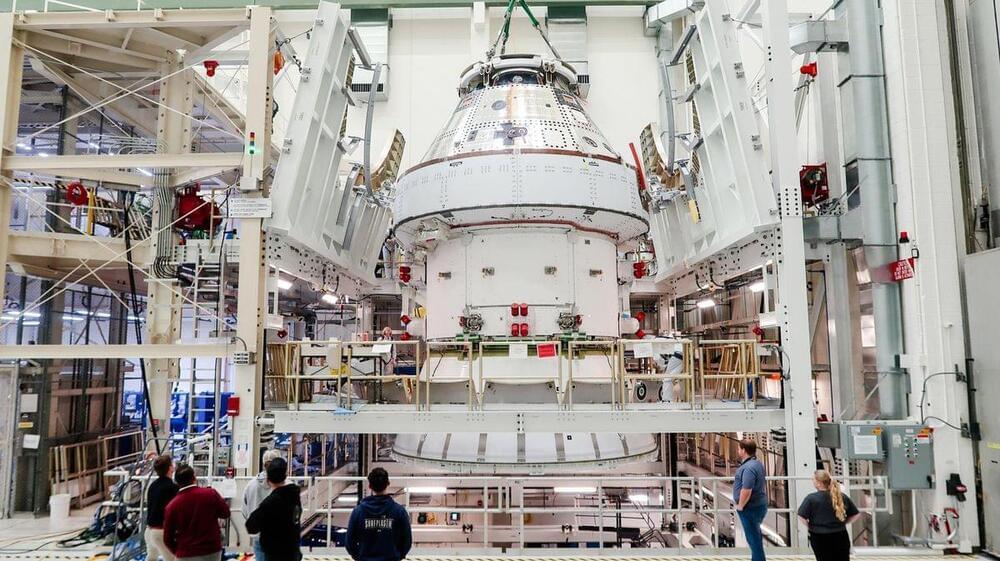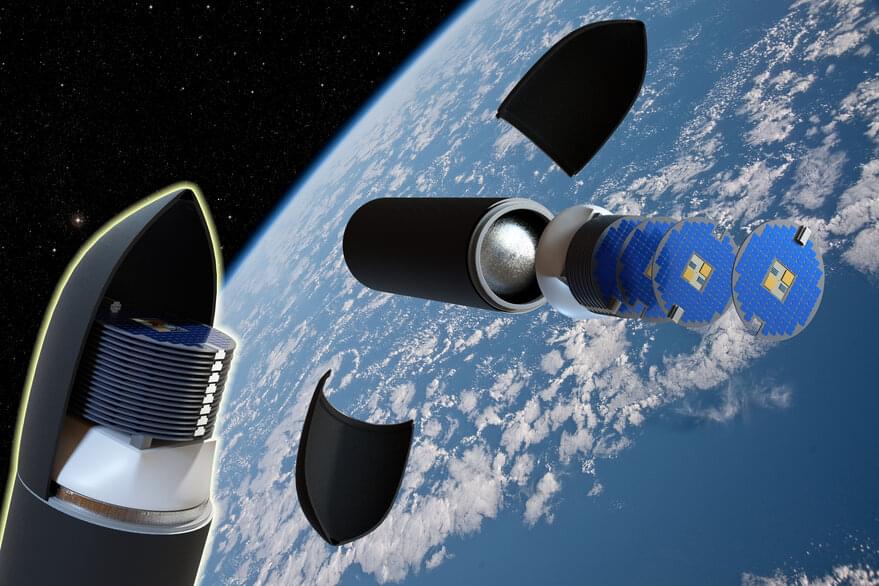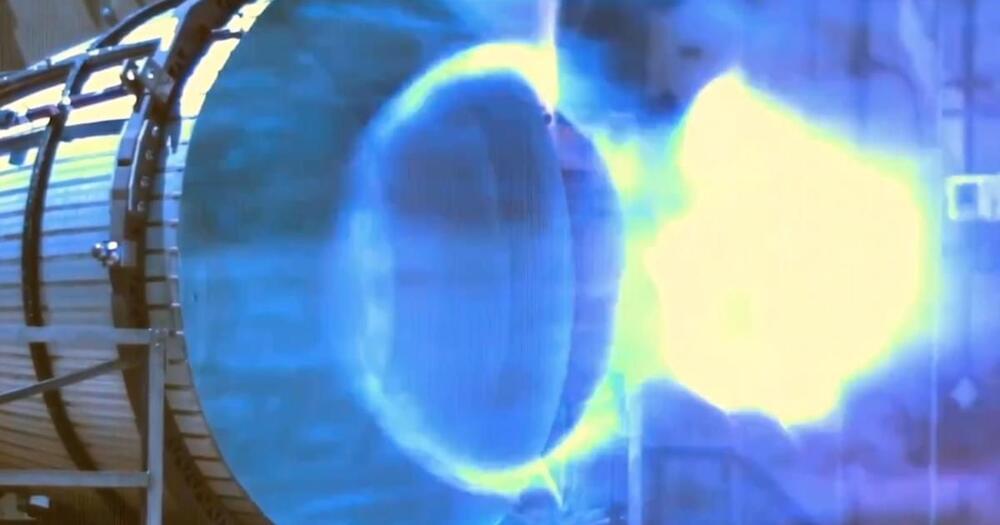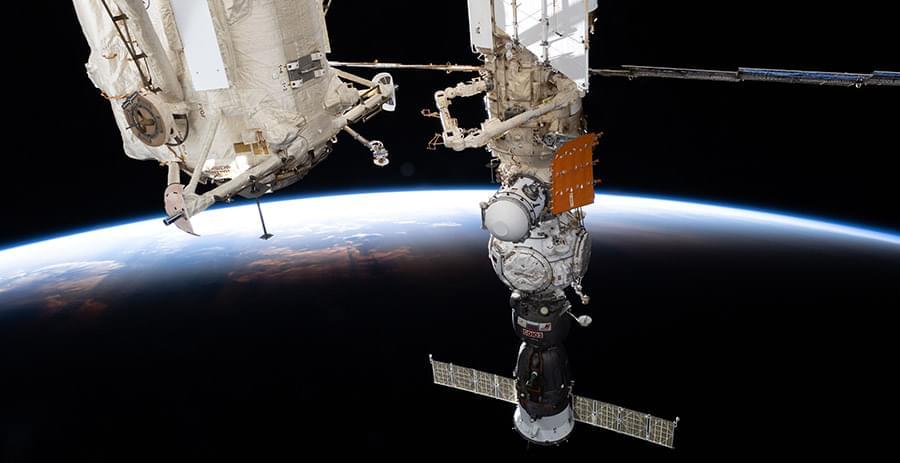SpaceX is making significant advancements in rocket engine production, launch infrastructure, and heat shield technology, positioning Starship as the leading vehicle in the future of space exploration Questions to inspire discussion What advancements is SpaceX making in rocket engine production? —SpaceX is making signi.
Category: space travel – Page 75
SpaceX Starship Gets Major Upgrades for Mars Mission!
SpaceX is making significant upgrades to the Starship spacecraft, including improvements to the heat shield, landing legs, and payload capabilities, with the goal of transporting humans and cargo to Mars and building a self-sustaining city on the red planet by 2060 Questions to inspire discussion What upgrades is Space.

Artemis 2 Orion spacecraft starts testing ahead of moon mission with astronauts in 2025 (video)
NASA’s next moon spacecraft for humans made one small leap into an altitude chamber for vital testing before it brings astronauts on board.
The Orion spacecraft for Artemis 2 is slated to fly around the moon with four astronauts no earlier than September 2025 — but first, engineers with NASA want to make sure it is ready for the job.

SpaceX and NASA’s Mission to Land Astronauts on the Moon
SpaceX The Space Race
NASA’s New Lunar Rover Designs Compete for $4.6B Contract
SpaceX The Space Race

SpaceX slow-motion video shows Raptor engine shutting down
SpaceX has shared dramatic slow-motion footage showing a Raptor engine powering down at the end of a recent test fire.
“Shutdown of a Raptor vacuum engine in slow motion,” SpaceX said in a message accompanying the video (below). It added that the engine’s nozzle “is sized for use by Starship in the Earth’s upper atmosphere and outer space, so operation at sea level and low chamber pressures results in flow separation creating visible rings in the exhaust.”
SpaceX’s Starship: Revolutionizing Space Travel
SpaceX LabPadre Space
SpaceX’s Starship Launch 5 and Elon Musk’s Ambitious Plans
SpaceX’s upcoming Starship launch and Elon Musk’s ambitious plans for the rocket’s production and capabilities have generated excitement and anticipation among fans and industry observers Questions to inspire discussion What is SpaceX’s upcoming Starship launch? —The upcoming Starship launch refers to SpaceX’s ambitious plans for the rocket’s production and capabilities, generating excitement and anticipation among fans and industry observers.

Advanced Tech and Life Science on Station Today Promoting Health
Nanomaterials manufacturing, 3D bioprinting, and astronaut eye health were the main research topics aboard the International Space Station on Friday. The Expedition 71 crew members also continued servicing spacesuits and conducted an emergency drill.
The SpaceX Dragon cargo spacecraft recently delivered to the orbital outpost a biotechnology study to demonstrate the in-space production of nanomaterials that mimic DNA. NASA Flight Engineers Jeanette Epps and Mike Barratt worked on the second portion of that experiment on Thursday mixing then treating the research samples for analysis. Epps began her day mixing solutions in the Life Science Glovebox to create specialized nanomaterials. During the afternoon, Barratt applied sound and light treatments to the samples then stowed them aboard Dragon for analysis back on Earth. Results may lead to advanced therapies for space-caused and Earthbound health conditions.
The duo partnered back together at the end of the day for eye scans using standard medical imaging gear found in an optometrist’s on Earth. Barratt operated the hardware with guidance from doctors on the ground peering into Epp’s eyes and examining her retina and optic nerve for the B Complex eye health investigation.